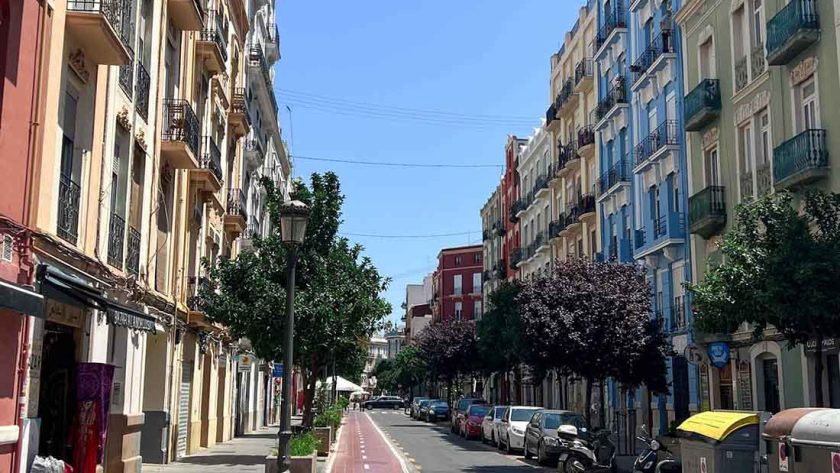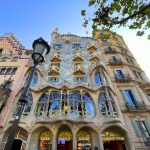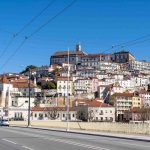When planning an independent journey to Spain, Valencia often stands out on travelers’ shortlists—and for very good reason. This vibrant Mediterranean city offers an irresistible blend of historic charm, futuristic architecture, world-class cuisine, and a relaxed coastal atmosphere that makes it both exciting and approachable. Unlike Barcelona, it doesn’t overwhelm with endless crowds, and compared to Madrid, it feels more intimate, while still offering rich cultural highlights, long sandy beaches, lively neighborhoods, and truly authentic Spanish experiences. Whether you’re drawn by art, history, food, or simply the joy of exploring at your own pace, Valencia has something for everyone. In this comprehensive guide, you’ll discover itineraries, transportation tips, and safety advice to make your trip smooth, inspiring, and memorable.
Why Choose Valencia for Independent Travel?
Valencia strikes a balance between old and new. Its medieval old town is full of winding streets, gothic architecture, and traditional markets, while the City of Arts and Sciences showcases futuristic design and modern cultural spaces. Food lovers are drawn here because it’s the birthplace of paella, Spain’s most famous dish. Nature enthusiasts also find plenty to enjoy, from long sandy beaches to lush parks.
For independent travelers, Valencia is especially appealing because:
- The city is compact and walkable.
- Public transportation is reliable and affordable.
- It has fewer crowds compared to Spain’s largest cities.
- Accommodations range from budget hostels to luxury hotels.
- It’s safe, with a relaxed Mediterranean pace of life.
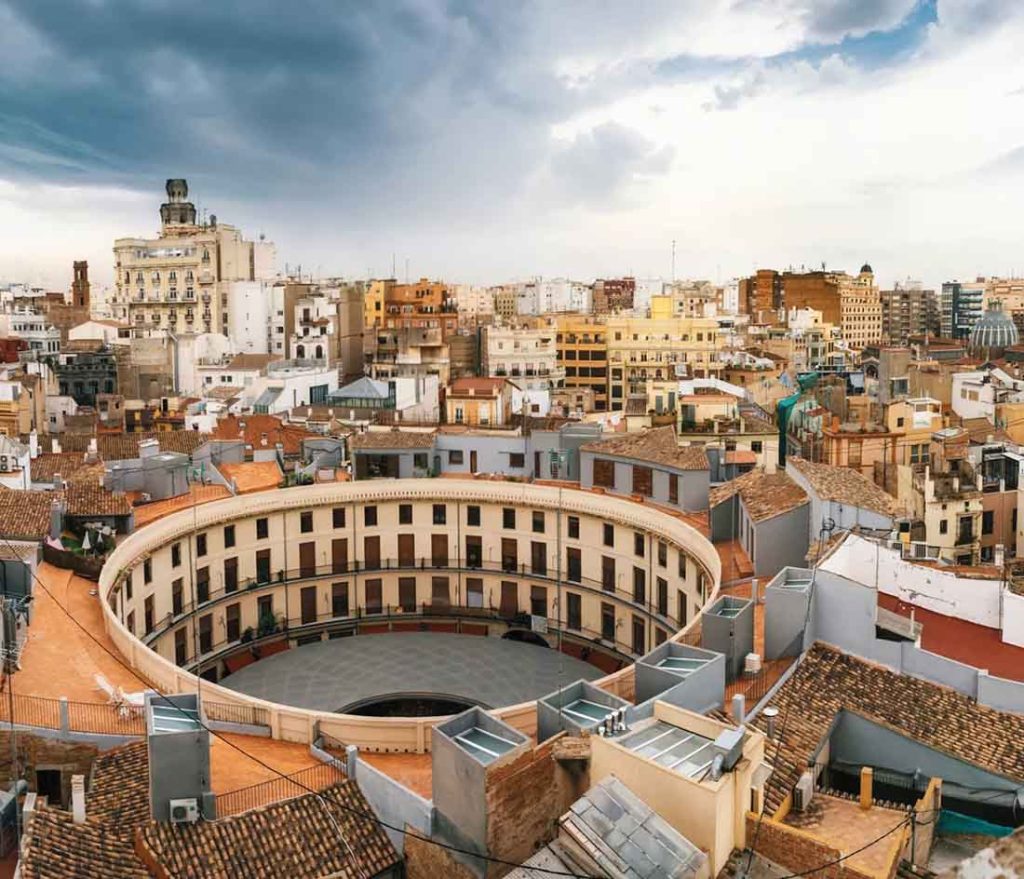
Suggested Itineraries
1-Day Itinerary: Valencia Highlights
If you only have a short time, focus on the essentials:
- Morning: Begin in the historic center. Visit the Valencia Cathedral, climb the Miguelete Tower for panoramic views, and explore the Plaza de la Virgen.
- Midday: Walk to the Central Market (Mercado Central) and sample fresh local produce, Iberian ham, and pastries.
- Afternoon: Head to the City of Arts and Sciences, an architectural marvel with museums, an opera house, and an oceanarium.
- Evening: Enjoy paella at a traditional restaurant near the beach in El Cabanyal.
3-Day Itinerary: A Balanced Experience
Day 1: Historic Valencia – Cathedral, Central Market, Silk Exchange (La Lonja de la Seda), and tapas in the old town.
Day 2: Modern Valencia – Spend a full day at the City of Arts and Sciences, then relax in the Turia Gardens, a green park built in a former riverbed.
Day 3: Coastal Escape – Relax at Malvarrosa Beach or take a bike ride along the coast. In the evening, explore the vibrant nightlife in Ruzafa.
5-Day Itinerary: Deep Dive into Valencia
- Day 1: Old town exploration.
- Day 2: Modern architecture and museums.
- Day 3: Beaches and water activities.
- Day 4: Day trip to Albufera Natural Park, famous for its rice fields and lake boat rides.
- Day 5: Local neighborhoods, street art tours, and hidden cafés.
This extended stay allows you to enjoy Valencia at a slower pace while including nearby excursions.
Getting Around Valencia
One of the best aspects of traveling independently in Valencia is how easy it is to navigate.
Walking
The historic center is compact, and walking is often the best way to explore. Many attractions are close together, and strolling through narrow streets gives you a better sense of local life.
Cycling
Valencia is a bike-friendly city. The flat landscape and well-maintained cycle paths make cycling convenient. The public bike-sharing system, Valenbisi, allows you to rent bikes at numerous stations across the city.
Metro and Tram
The metro network connects the airport, city center, and suburbs. The tram system is especially useful for reaching beach areas. A TuiN Card or rechargeable travel card offers discounted fares for multiple journeys.
Bus
Public buses cover areas not reached by metro or tram. They run frequently, and tickets are inexpensive.
Taxis and Ride-Sharing
Taxis are widely available and reasonably priced compared to other European cities. Ride-sharing apps also operate in Valencia, offering a convenient alternative.
Car Rentals
If you’re staying only in the city, a car is unnecessary. However, renting a car is a good option for day trips to Albufera, nearby villages, or the surrounding countryside.
Accommodation Tips
Independent travelers will find plenty of options:
- Budget: Hostels and guesthouses in the old town are affordable and perfect for solo travelers or backpackers.
- Mid-range: Boutique hotels in the Ruzafa or Ensanche neighborhoods offer comfort and local charm.
- Luxury: Five-star hotels and beachfront resorts provide premium amenities.
Booking in advance is recommended, especially during popular local festivals like Las Fallas.
Food and Dining
Valencia is a paradise for food lovers. Here are a few essentials:
- Paella Valenciana: The original version, made with chicken, rabbit, and local beans.
- Horchata: A refreshing drink made from tiger nuts, often paired with fartons (sweet pastries).
- Tapas: Explore small plates like patatas bravas, croquettes, and grilled seafood.
- Central Market: A great place to try fresh fruit, cheese, and local delicacies.
- Beachfront restaurants: Ideal for seafood dishes and traditional paella.
When dining, remember that Spaniards typically eat lunch later (around 2 PM) and dinner after 9 PM. Adjusting to the local rhythm will enhance your experience.
Cultural and Seasonal Highlights
Valencia is lively year-round, but its festivals make it particularly special.
- Las Fallas: A spring festival featuring giant sculptures, fireworks, and street parties.
- La Tomatina (in nearby Buñol): The world-famous tomato fight, accessible as a day trip.
- Summer concerts and beach events: Valencia’s coastal setting makes it ideal for outdoor cultural experiences.
Museums like the Museo de Bellas Artes and IVAM (modern art museum) provide cultural depth for art enthusiasts.
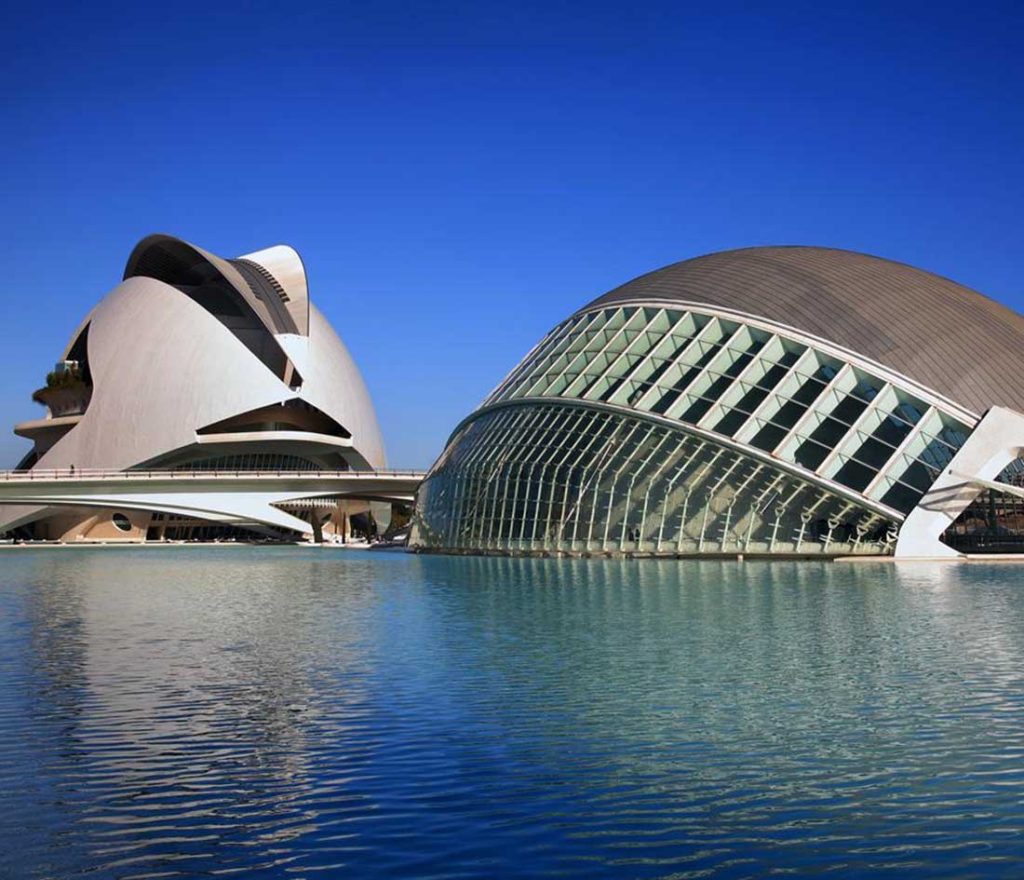
Safety Tips for Independent Travelers
Valencia is generally safe, but like any major city, it’s wise to stay alert.
- Pickpocketing: Watch your belongings in crowded areas, markets, and public transport.
- Nightlife safety: Stick to well-lit streets and avoid isolated areas late at night.
- Beach safety: Don’t leave valuables unattended on the sand.
- Transport awareness: Only use licensed taxis or recognized ride-sharing services.
- Emergency numbers: The general emergency number in Spain is 112.
Women traveling alone often report feeling comfortable in Valencia. The city’s welcoming atmosphere and strong police presence add to a sense of security.
Practical Travel Tips
- Language: Spanish is widely spoken, though many locals also speak Valencian. English is common in tourist areas.
- Currency: The euro (€) is used. Credit cards are widely accepted, but carry some cash for small purchases.
- Weather: Mediterranean climate with warm days and mild evenings. Pack light, breathable clothing along with a light jacket.
- Connectivity: Free Wi-Fi is available in many cafés, hotels, and public spaces. Consider a local SIM card for better coverage.
- Cultural etiquette: A friendly greeting (“Hola”) goes a long way. When dining, don’t rush—meals are meant to be enjoyed slowly.
Independent Travel Gear Suggestions
When traveling independently, having the right gear makes a big difference:
- Lightweight backpack: For day trips and walking tours.
- Reusable water bottle: Stay hydrated while exploring.
- Portable charger: Keep your phone and camera powered throughout the day.
- Travel insurance: Always a smart investment, covering unexpected medical or trip interruptions.
- Comfortable shoes: Walking and cycling are key parts of the Valencia experience.
Valencia is a destination that truly rewards independent exploration. Few European cities manage to blend the past and present as seamlessly as this Mediterranean gem. With every step, you encounter contrasts that make traveling here both exciting and deeply fulfilling. One moment, you’re walking through narrow cobblestone streets lined with medieval buildings, and the next, you’re standing before the futuristic architecture of the City of Arts and Sciences. This unique mix of history, culture, cuisine, and coastal beauty creates a well-rounded travel experience that appeals to every type of traveler.
The city is remarkably easy to navigate, whether you prefer to explore on foot, cycle along its dedicated bike lanes, or hop on efficient public transportation. Independent travelers, especially those who enjoy designing their own itineraries, will find Valencia welcoming and uncomplicated. Safety is another factor that sets it apart. Unlike some larger cities where crowded tourist areas can feel overwhelming, Valencia offers a relaxed environment where visitors can focus on enjoying the journey.
Beyond logistics, the atmosphere of Valencia is what makes it unforgettable. The scent of orange blossoms in spring, the sound of lively plazas filled with locals, and the sight of golden sunlight reflecting off historic façades all combine to create lasting impressions. Food adds another dimension: from sampling fresh produce at the Central Market to savoring authentic paella by the sea, Valencia introduces travelers to the essence of Mediterranean living.
Whether you’re spending just a weekend or taking a full week to explore, the city delivers a balance of modern attractions and traditional heritage that never feels rushed. For travelers seeking an alternative to Spain’s more crowded destinations like Barcelona or Madrid, Valencia offers the perfect combination of adventure and relaxation. With thoughtful planning and a spirit of independence, your trip here will not only be enjoyable but also deeply memorable. Valencia isn’t just a place to visit—it’s a destination to experience at your own pace, one that will leave you eager to return and discover even more.
